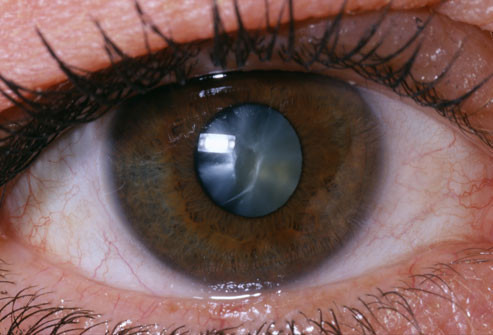 There’s a “sweet spot” for the amount of sleep you should get to reduce your risk of heart attack and stroke, new research shows.
There’s a “sweet spot” for the amount of sleep you should get to reduce your risk of heart attack and stroke, new research shows.
Folks who get six to seven hours a sleep a night — no more, no less — have the lowest chance of dying from a heart attack or stroke, according to new findings.
Waking early or dozing on past that ideal window increases your risk of heart-related death by about 45%, researchers found.
This trend remained true even after they accounted for other known risk factors for heart disease or stroke, including age, high blood pressure, diabetes, smoking, BMI (body mass index) and high cholesterol levels.
“Even then, sleep came out to be an independent risk factor,” said lead researcher Dr. Kartik Gupta, a resident in internal medicine at Henry Ford Hospital in Detroit.
For the study, Gupta and his colleagues analyzed data from more than 14,000 participants in the federally funded U.S. National Health and Nutrition Examination Survey between 2005 and 2010. As part of the survey, these folks were asked how long they usually slept.
Researchers tracked participants for an average of 7.5 years to see if they died from heart attack, heart failure or stroke. They also assessed their heart health risk scores as well as their blood levels of C-reactive protein (CRP), which increases when there’s inflammation in your body. High CRP levels have been associated with heart disease.






